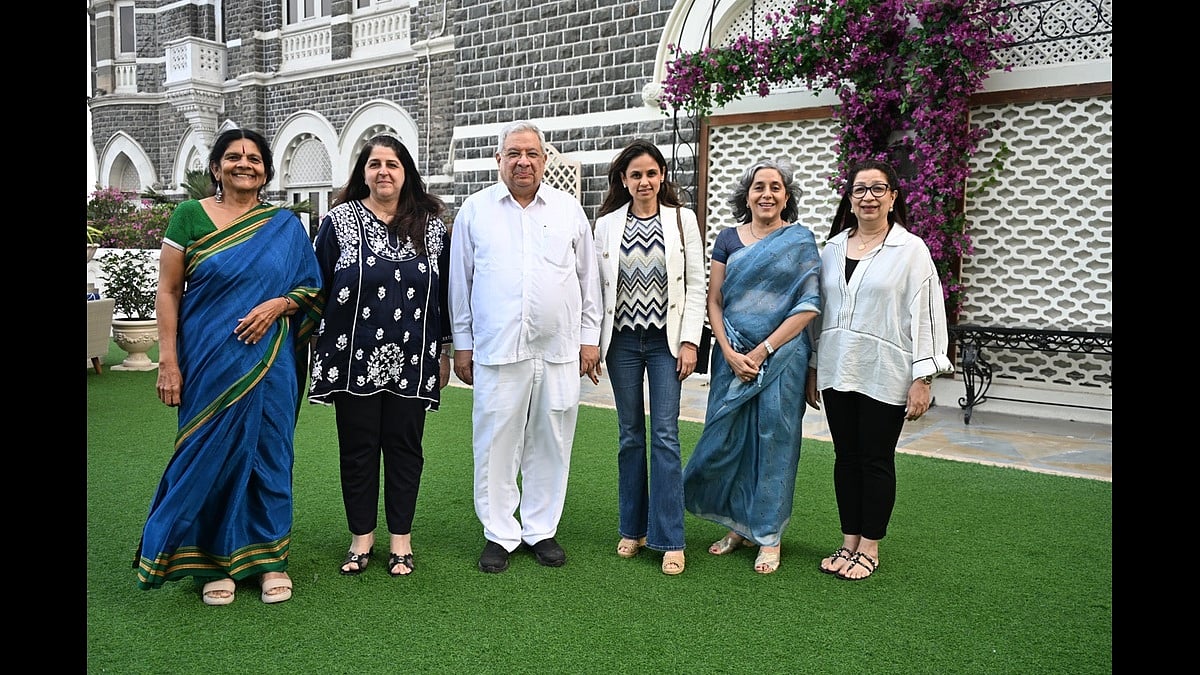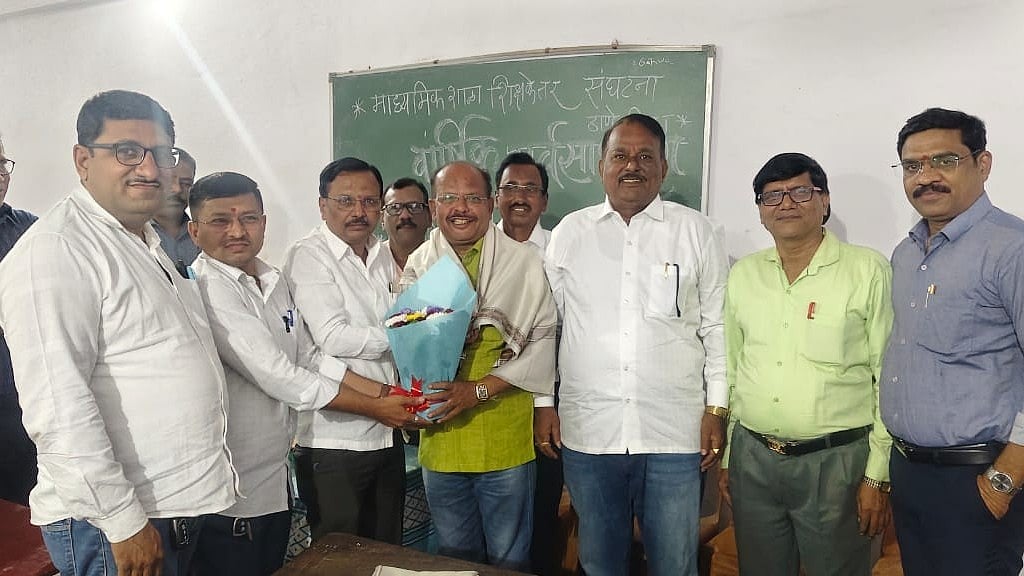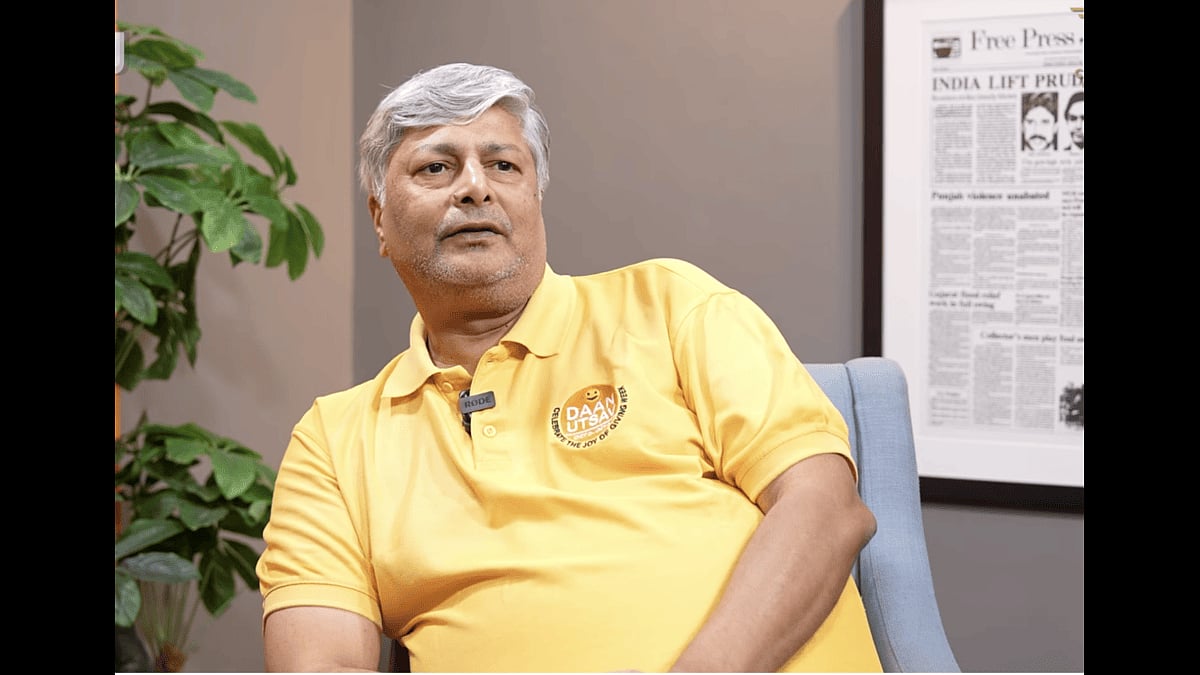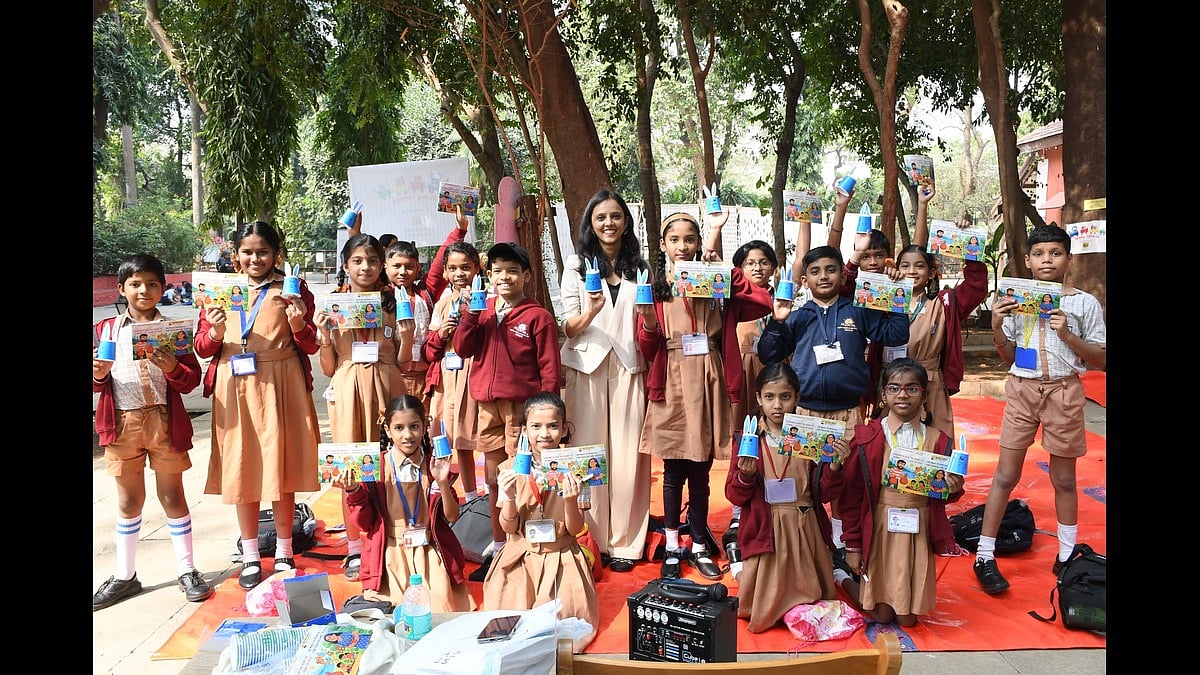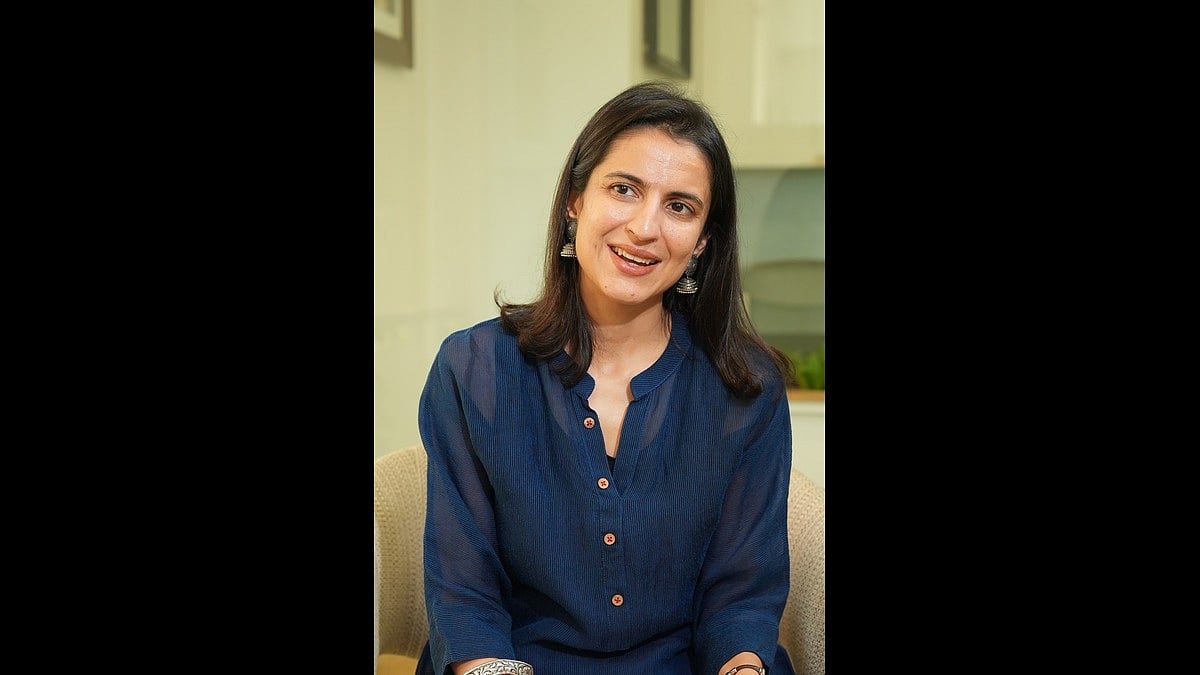
Ravindra Shisve (IPS), commissioner of police, Railways |
Every month, Iqbal Mamdani's team of 12 provides respectful and dignified burial or cremation for at least 100 unclaimed dead bodies lying with the Mumbai police and Railway police.
Every month, Iqbal Mamdani and his team of 12 conducts the last rites of at least 100 unclaimed dead bodies across Mumbai. Often unidentified accident victims or other dead bodies that remain unclaimed by family or relatives, these bodies are transported and given traditional last rites, as per the religion of the victim, with a police constable or sub-inspector present.
Mamdani, 53, a former television journalist, says he receives three to four bodies every day, with calls coming from railway police stations on the Chhatrapati Shivaji Terminus-Kalyan/ Taloja lines, Churchgate-Mira Road-Vasai lines and from Mumbai police’s 97 stations across the financial capital.

The dead bodies, very often disfigured and in early stages of decomposition, are usually to be picked up from government or municipal hospitals such as Bhagavati hospital, Siddharth hospital, KEM hospital or Sion hospital.
“Officially, the procedure is that if a body is not claimed within 10 days, the police may dispose of it,” said Mamdani. “But the police sometimes try harder to locate families, or sometimes paperwork and procedures take longer than 10 days.”
Mamdani’s team has received bodies that are several weeks old and, despite the challenges of handling such bodies, Mamdani has channeled additional resources into this work, mainly pooling in funds from his savings and friends, with a little crowd-funding now and a dedicated website set to be launched.
“We now have two ambulances of our own, and one borrowed from somebody else,” he said.

Mamdani’s work started during the Covid-19 pandemic, when a few bodies of those who had succumbed to the virus had to be handled, including some whose family members declined to touch the bodies. Moved by the stark nature of the work, he decided to continue providing the service after the pandemic too.
In addition to the ambulances, Mamdani also provides the shroud and any other items that may be required for a cremation or a burial. The work is funded and conducted through the Mamdani Health & Education Trust, a registered charitable organisation.
He said not a single member of his team consumes alcohol or drugs, despite the sometimes overwhelming smell from decomposing bodies. “We handle every body with the same respect and dignity that a family member would,” Mamdani said. “This is even though some bodies are in such a bad condition that policemen do not even want to sit in the ambulance while we ride to the cremation or burial ground.”
While the police have a team to handle the disposal of unclaimed bodies, the pace is often slow, and Mamdani spoke to senior officials who gave his team official permission to handle the task instead.

About 85% of all bodies are Hindus, he said, and about 14% are Muslim. For Hindu bodies, his team stops short of giving agni, preferring to allow the staff at the municipal cremation grounds to perform this ritual.
The numbers of the bodies to be disposed fluctuate around 100 every month — 111 in July 2023, 117 in August 2023, but at least 1,000 every year for the last two years. “This is work that nobody wants to do, so I must keep doing it,” says Mamdani.
Railway Police Commissioner Ravindra Shishve said there are not many takers to do the work Mandani has devoted himself to. "It is of critical importance, and not possible without commitment , dedication, true passion and purity of heart. I commend his unique work which he does without any noise and has inspired many like me and I am sure his work will continue to strengthen and enrich the values of humanity. My organisation is grateful to him for his selfless work."





